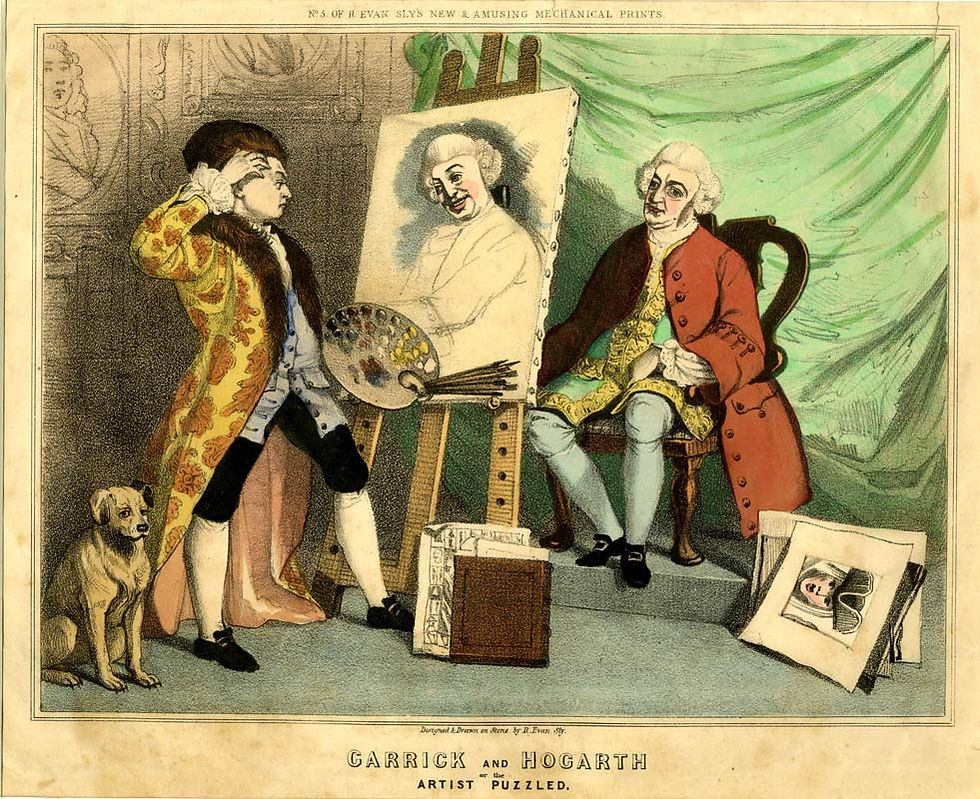To Laugh with Tears and Cry with Laughter
- Peter Critchley
- Jan 4, 2022
- 3 min read

Peter Cook was one of the great comedians. He had something of a problem with alcohol. Unlike many, he wasn’t a violent or aggressive or annoying drunk. He was rather genial and benign. His girlfriend caught him still in bed at 2pm one day, the worse for wear for drink. She asked him why he drank so much. ‘Despair, really,’ he replied. Peter Cook had a dead-pan sense of humour which made it difficult to tell when he was being serious or being funny. Being an incredibly funny man, people were always willing to laugh in his presence. In fact, they seemed to assume that he was always being funny, even when he wasn’t. He found that he was always expected to be ‘on,’ always the comedian making others happy. He would make the odd attempt to talk seriously and people would laugh regardless. The result was that he could never communicate with others and confide in others; he could never have a normal conversation and, therefore, never get out of his own, increasingly bleak world, to establish contact with others. In such a situation you despair of ever making yourself understood to others and stop making the effort. Instead of reaching out, you just retreat back into yourself, inhabiting a world populated by the ghosts of people and memories of events long gone. It’s not living and denies you a future. But it’s better than forever being at cross-purposes with uncomprehending others.
A man goes to the doctor. He tells the doctor that he's depressed and nothing can lighten his spirits. He says that the world seems harsh and cruel, people uncaring, life hard. He says that he feels all alone in a threatening world of uncaring others; the present is bleak and the future dark and foreboding. The doctor listens and responds: “The treatment is simple. The great clown Pagliacci is in town tonight. Go and see him. That should cheer you up." The man bursts into tears: "But doctor...I am Pagliacci!”
Luciano Pavarotti performs Ruggero Leoncavallo Vesti la Giubba from the opera "Pagliacci", undoubtedly brilliant.
The story is repeated in the poem “Reír Llorando” (“To laugh while crying”) by Juan de Dios Peza
To Laugh While Crying
Watching Garrik - an actor from England - the people would say applauding:
“You are the funniest one on earth
and the happiest one…”
And the comedian would laugh.
Victims of melancholy, the highest lords,
during their darkest and heaviest nights
would go see the king of actors
and change their melancholy into roars of laughter.
Once, before a famous doctor,
came a man with eyes so somber:
“I suffer - he said - an illness so horrible
as this paleness of my face”
“Nothing holds any enchantment or attractiveness;
I don’t care about my name or my fate
I die living an eternal melancholy
and my only hope is that of death”.
– Travel and distract yourself
– I’ve traveled so much!
– Search for readings
– I’ve read so much!
– Have a woman love you
– But I am loved
– Get a title
– I was born a noble
– Might you be poor?
– I have richnesses
– Do you like compliments?
– I hear so many!
– What do you have as a family?
– My sadness
– Do you go to the cemeteries?
– Often, very often.
– Of your current life, do you have witnesses?
– Yes, but I don’t let them impose their burdens;
I call the dead my friends;
I call the living my executioners.
– It leaves me - added the doctor - perplexed
your illness and I don't want to scare you;
Take today this advise as a prescription
only watching Garrik you can be cured.
– Garrik?
– Yes, Garrik… The most indolent
and austere society anxiously seeks him;
everyone who sees him, dies of laughter;
he has an amazing artistic grace.
– And me? Will he make me laugh?
– Ah, yes, I swear it;
he and no one but him; but… what disturbs you?
– So - said the patient - I won’t be cured;
I am Garrik! Change my prescription.
How many are there who, tired of life,
ill with pain, dead with tedium,
make others laugh as the suicidal actor,
without finding a remedy for their illness!
Ay! How often we laugh when we cry!
Nobody trust the merriment of laughter,
because in those beings devoured by pain,
the soul groans when the face laughs!
If faith dies, if calm flees,
if our feet only step on thistles,
the tempest of the soul hurls to the face,
a sad lighting: a smile.
The carnival of the world is such a trickster,
that life is but a short masquerade;
here we learn to laugh with tears
and also to cry with laughter.
